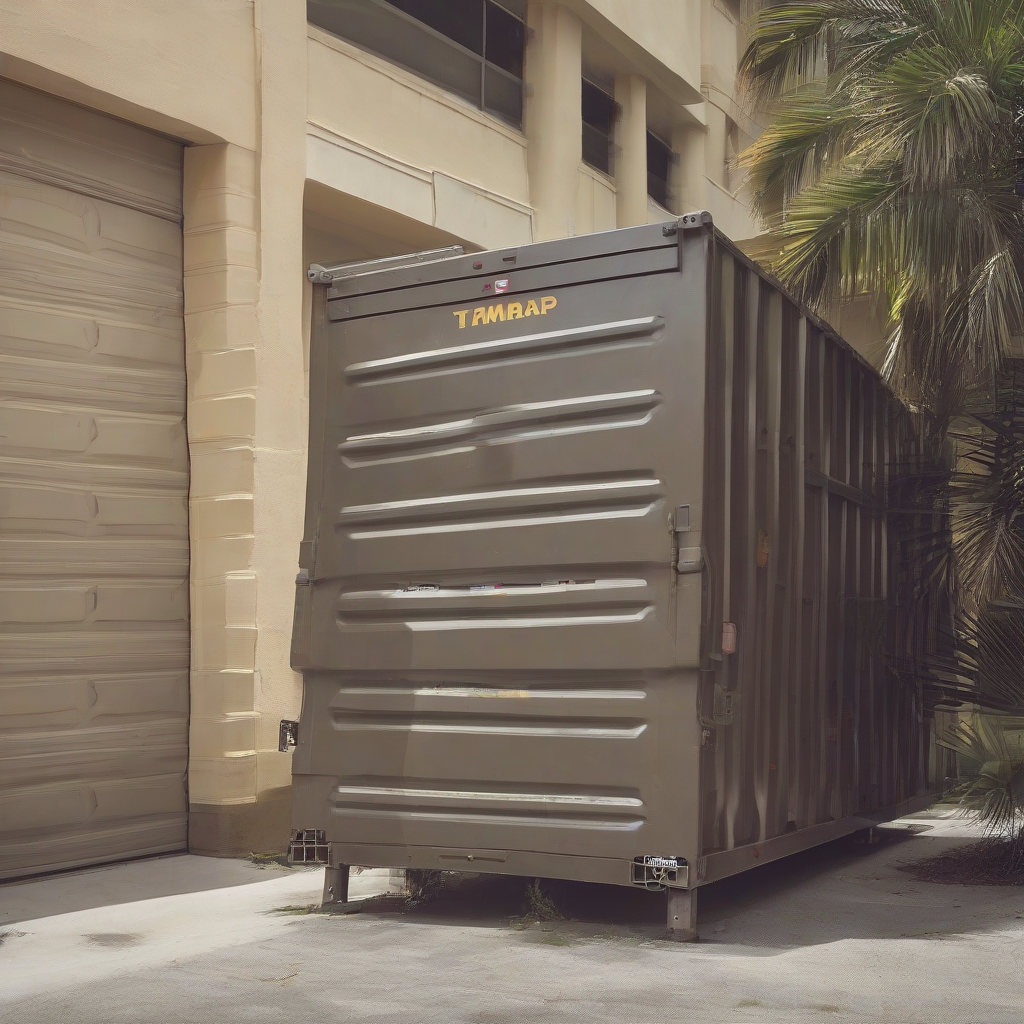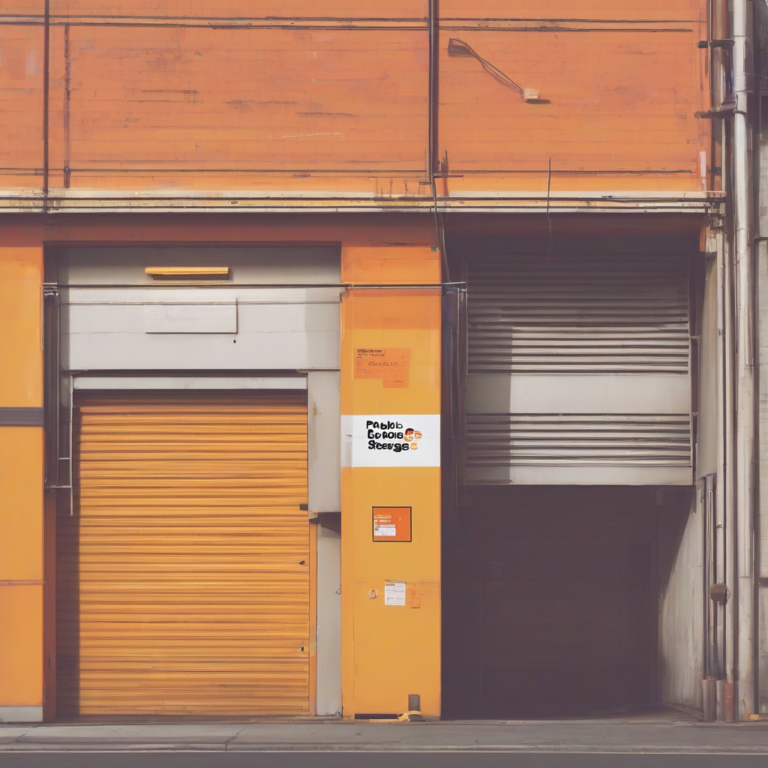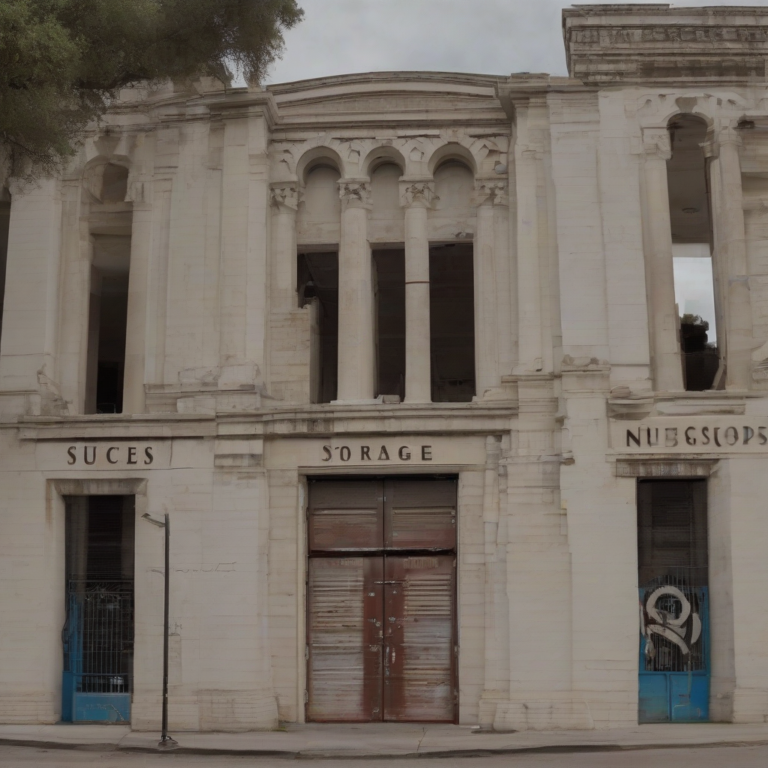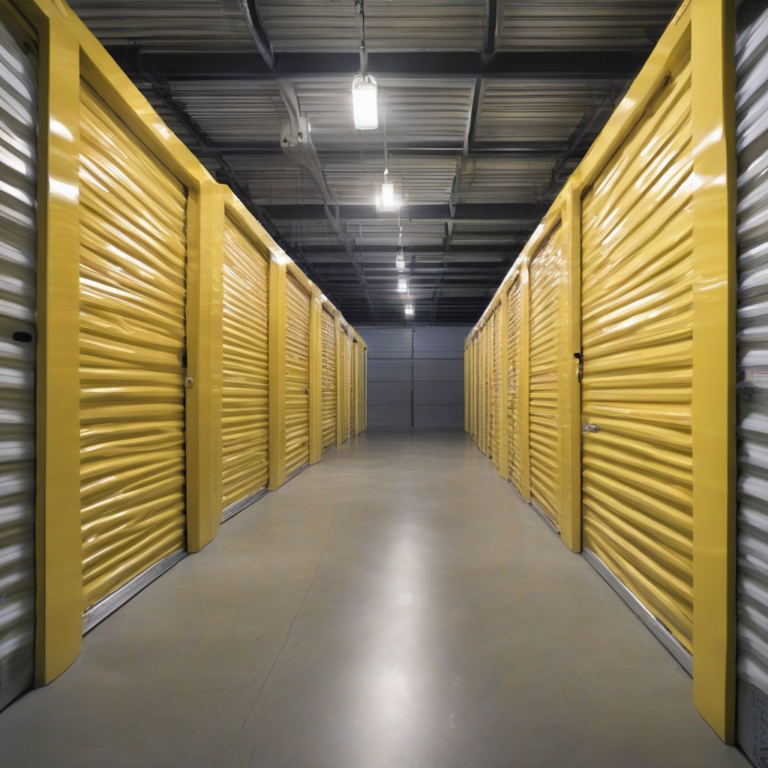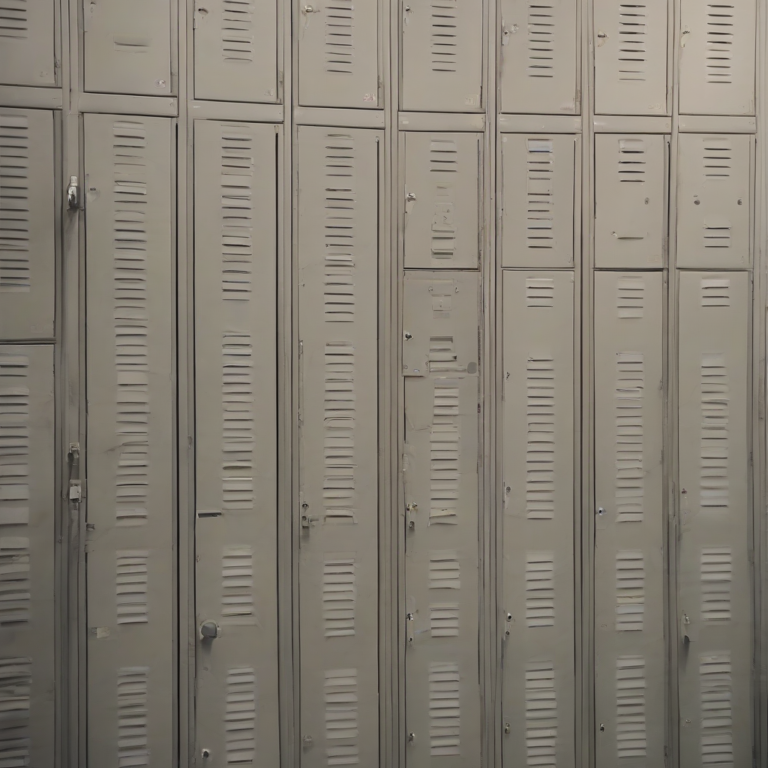Storage Solutions in Tampa Hillsborough: A Comprehensive Guide
Storage Solutions in Tampa Hillsborough: A Comprehensive Guide
Finding the right storage solution in Tampa Hillsborough can feel overwhelming, given the diverse options available. This guide aims to navigate you through the various types of storage, factors to consider, and resources to help you make an informed decision.
Types of Storage in Tampa Hillsborough
- Self-Storage Facilities: These are the most common type, offering a wide range of unit sizes, from small lockers for personal items to large units suitable for furniture and business inventory. Many facilities offer climate-controlled units, ideal for sensitive items like electronics and artwork. Features vary significantly between facilities, so careful comparison is crucial.
- Mini Storage Units: Often smaller than standard self-storage units, these are ideal for storing smaller items, seasonal belongings, or business documents. They are generally more affordable than larger units.
- Climate-Controlled Storage: Protecting valuable items from extreme temperatures and humidity is vital. Climate-controlled units maintain a consistent temperature and humidity level, safeguarding sensitive items from damage.
- Outdoor Storage: Suitable for less sensitive items like vehicles, boats, or recreational equipment, outdoor storage usually involves uncovered parking spaces or large, open-air units. Consider weather protection when choosing this option.
- Warehouse Storage: For businesses with significant inventory or large equipment, warehouse storage offers ample space and often includes loading docks and other logistical features. The cost is typically higher, reflecting the increased size and facilities.
- Mobile Storage Containers: These portable containers are delivered to your location, offering convenient storage solutions for temporary needs or relocation. Once you’ve filled the container, the company transports it to their storage facility.
- Document Storage: Specialized facilities offering secure storage for important documents and records. These facilities often implement stringent security measures to protect sensitive information.
Factors to Consider When Choosing Storage in Tampa Hillsborough
- Location: Proximity to your home or business is crucial for convenient access. Consider traffic patterns and ease of access when selecting a location.
- Unit Size: Accurately assess your storage needs to avoid renting a unit that is too large or too small. Many facilities offer online space calculators to help.
- Climate Control: If you are storing sensitive items, climate control is essential to prevent damage from temperature fluctuations and humidity.
- Security Features: Look for facilities with robust security measures, such as perimeter fencing, video surveillance, and on-site security personnel.
- Accessibility: Consider the facility’s hours of operation and ease of access. 24/7 access may be important for some users.
- Insurance: Many facilities offer insurance options, but it’s crucial to understand the coverage offered and determine if supplemental insurance is needed.
- Price: Compare prices from several facilities, taking into account unit size, features, and contract length. Be aware of any hidden fees or additional charges.
- Reputation: Read online reviews and check the facility’s reputation with the Better Business Bureau before making a decision.
- Contract Terms: Carefully review the terms of the rental agreement before signing, paying attention to the length of the contract, cancellation policies, and any other conditions.
- Moving Supplies: Some facilities sell moving supplies, which can be convenient, while others may offer discounts with local moving companies.
Finding Storage in Tampa Hillsborough
Several resources can help you find the perfect storage solution in Tampa Hillsborough:
- Online Search Engines: Use keywords such as “storage units Tampa,” “self-storage Hillsborough,” or “climate-controlled storage Tampa” to find local facilities.
- Online Storage Marketplaces: Websites and apps such as SpareFoot, StorageCafe, and Neighbor allow you to compare prices and features from multiple facilities.
- Local Directories: Check online and print directories for listings of self-storage facilities in the Tampa Hillsborough area.
- Word-of-Mouth Recommendations: Ask friends, family, and colleagues for recommendations on reliable storage facilities.
- Real Estate Agents: If you’re moving, your real estate agent may have recommendations for local storage facilities.
Types of Items Stored
- Household Goods: Furniture, appliances, seasonal decorations, and other household items are commonly stored.
- Business Inventory: Businesses often utilize storage for excess inventory, supplies, and equipment.
- Documents and Records: Sensitive documents and records are stored in secure facilities.
- Vehicles and Boats: Outdoor storage facilities offer parking for recreational vehicles and boats.
- Artwork and Collectibles: Climate-controlled units are ideal for protecting valuable items.
- Construction Materials: Storage facilities can temporarily hold construction materials during projects.
- Electronics: Climate-controlled storage is essential to protect electronics from damage.
Specific Considerations for Tampa Hillsborough
Tampa Hillsborough experiences hot, humid summers and milder winters. This climate necessitates considering climate control for sensitive items and the potential for mold and mildew growth. Ensure your chosen facility addresses these factors adequately. Furthermore, the area’s growth means that demand for storage can be high, particularly during peak moving seasons. Planning ahead is crucial to secure the right storage unit at the desired time.
Understanding Storage Rental Agreements
- Lease Term: Understand the minimum lease term and any options for early termination.
- Payment Terms: Be clear on payment methods, due dates, and late fees.
- Insurance Requirements: Understand the facility’s insurance requirements and any additional coverage options.
- Access Policies: Clarify access hours and any restrictions on access.
- Liability: Review the facility’s liability policy and understand your responsibilities in case of damage or loss.
Security and Safety
Security is a paramount concern when choosing a storage facility. Inquire about security measures such as:
- Fencing and Gates: Check for perimeter fencing and gated access.
- Video Surveillance: Inquire about the presence and coverage of video cameras.
- Security Lighting: Adequate lighting is crucial for deterring crime.
- On-Site Security Personnel: The presence of security guards can enhance security.
- Alarm Systems: Individual unit alarms or building-wide alarm systems offer added protection.
Budgeting for Storage
The cost of storage varies widely depending on unit size, location, features, and contract length. Create a budget that accounts for the monthly rental cost, any security deposits, insurance, and potential moving expenses.
Maintaining Your Belongings in Storage
- Proper Packaging: Use sturdy boxes and packing materials to protect your items.
- Inventory List: Create a detailed inventory list to track your stored belongings.
- Pest Control: Take measures to prevent pest infestations, such as using airtight containers and regularly inspecting your belongings.
- Climate Control Measures: If necessary, use additional climate control measures within your unit to protect sensitive items.
- Regular Inspections: Conduct periodic inspections of your stored items to monitor their condition.
